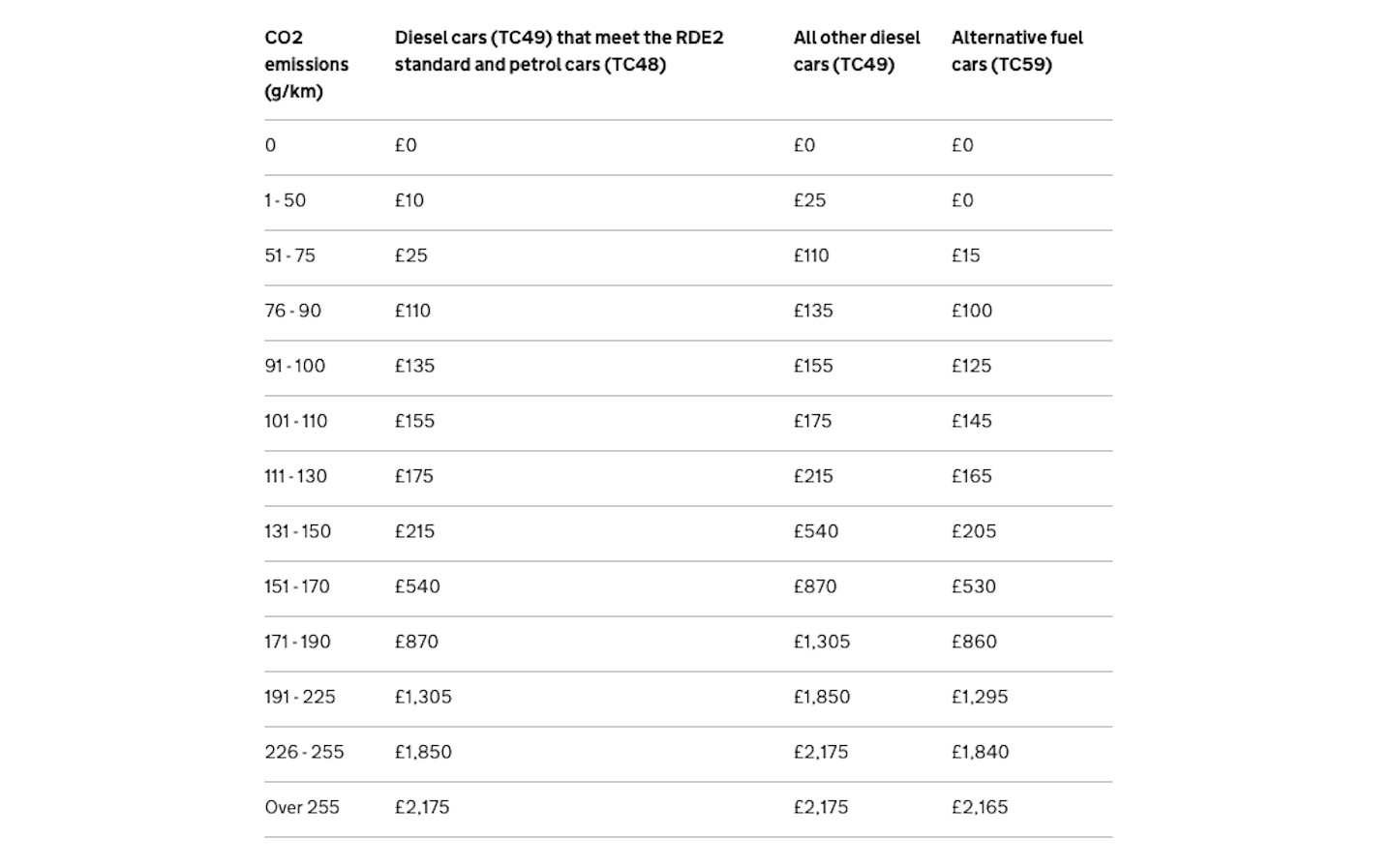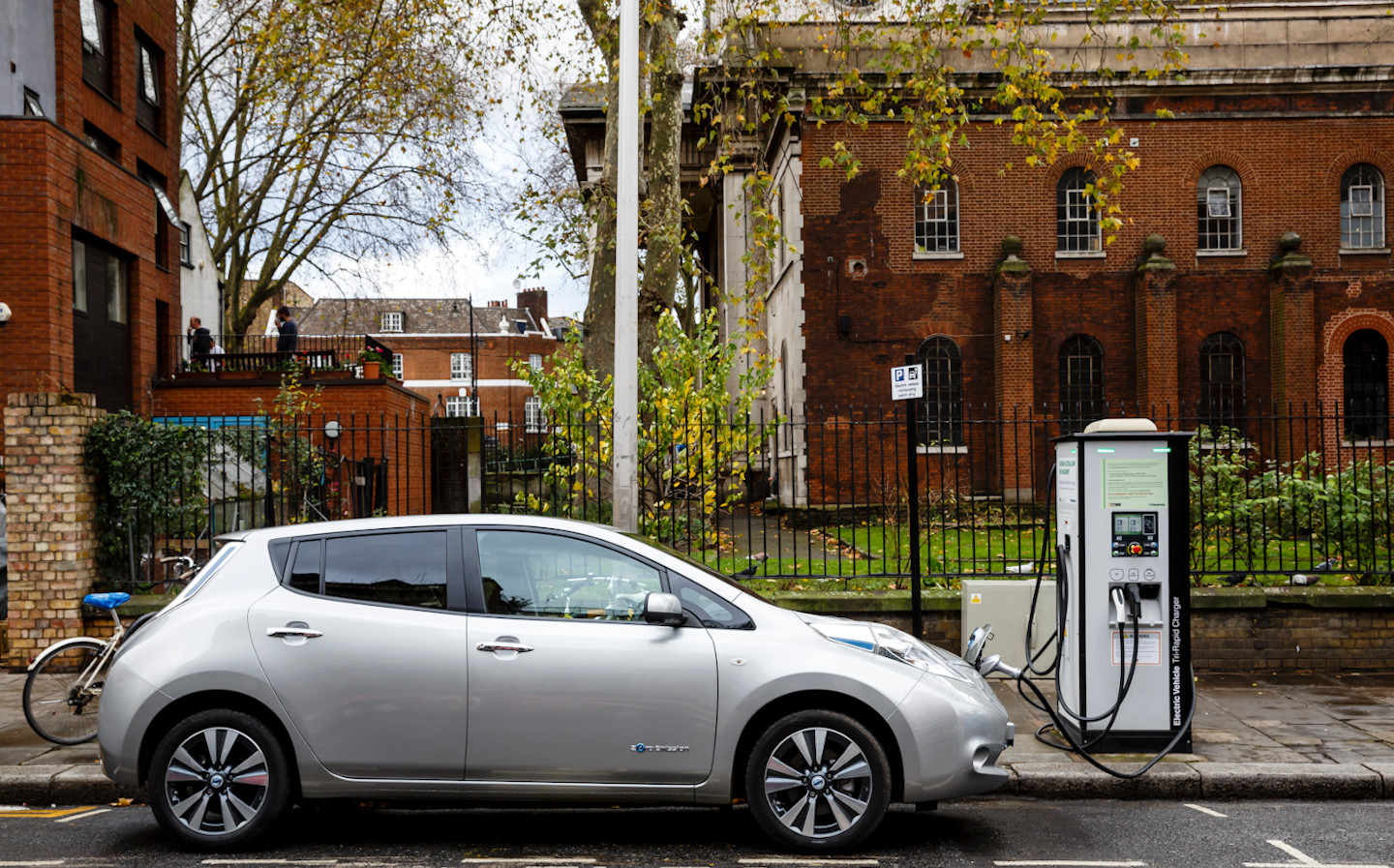What do the new road tax rules mean for you?
Electric is looking more attractive by the day
REVISED Vehicle Excise Duty (aka “road tax”) rules have come into place, adjusting the annual costs for drivers of different types of vehicle.
The new system, announced as part of the 2020 budget by Chancellor of the Exchequer Rishi Sunak, has been designed to gently nudge motorists towards electric vehicles (EVs), owners of which benefit the most from the changes.
However, drivers EVs will still need to pay attention as there are some changes for zero-emission cars, too.
Those most affected by the new rules, though, are buyers of new petrol and diesel cars, especially drivers of diesel cars which do not meet Real Driving Emissions Step 2 (RDE2) standards.
Bases increases for ‘nearly new’ cars
Overall tax rates have increased in line with the Retail Price Index (RPI), a measure of inflation published by the Office for National Statistics. This is a normal adjustment and won’t come as a surprise to anyone.
If your car was registered between April 1, 2017 and March 31, 2020, your standard rate car tax (that is, tax paid from the car’s second year onwards) will rise by £5, in order to match inflation. That means any petrol or diesel car that was bought for less than £40,000 during that time will cost £150 per year, up from £145. If your car is a hybrid, the charge will rise from £135 to £140.
Increases for brand new cars
The changes are a little pricier if you’re in the market for a new petrol or diesel car. A change sees the emissions of new cars calculated using WLTP figures, which are a more accurate estimate of levels of CO2 and other pollutants coming out of the exhaust in the real world.
Though road tax in the first year is still dictated by how much CO2 your car produces, it’s highly likely the new system puts that number at a fair amount higher than the old system.

As before, the amount of tax you pay for the first year after registration is different (and often higher) than what you pay in subsequent years, under the “standard charge”.
For ayn car that isn’t pure-electric (and therefore emits zero CO2 while in operation), costs vary on a sliding scale from £10 to £2,175, though no traditional petrol and diesel car emits so little CO2 that it would be eligible for the cheapest charge — most will cost upwards of £135.
While the majority of cars aren’t charged the highest fees, they generate significant revenue. According to Statista, 3.2% of all cars on the road in 2017 emitted between 201-225g/km, and as a total of 3.1m cars were registered that year, they will have raised more than £1.4bn for the Treasury.
Dirty diesel charges
If you’re the owner of a diesel car that doesn’t meet the RDE2 standard, which regulates the amount of Nitrogen Oxides (NOx) that a diesel car can produce, then you’re also in for a surcharge. The amount extra you pay will depend on how much CO2 your car produces.
Electric, hybrid and plug-in hybrid cars
If you drive a zero-emission electric vehicle, you won’t have to pay anything. Drivers of alternatively-fuelled cars that emit less 50g/km of CO2 (some plug-in hybrids only) will pay no VED in their first year. For any car emitting less than 100g/km, it’s free from the second year, though there is a charge for first year for any car emitting more than 50g/km.
If you’re thinking about having a pure-electric car as your next company car, then you’re in luck. The benefit-in-kind car tax for electric cars has been removed, meaning that if you have a pure-electric company car that you also use for your private pottering about, you won’t have to pay the tax associated with that.
Government motives regarding EVs seem to be working, with registrations of Battery Electric Vehicles nearly tripling last month compared to the same time last year. They now take a market share of 4.6%, compared to 0.9% in the same period in 2019.
Furthermore, If you’re lucky enough to have been able to afford an electric car worth over £40,000 — for example, a Porsche Taycan, Tesla Model S, or Jaguar I-Pace — you won’t any longer have to pay the tax surcharge of £325 per year that is levied on expensive petrol and diesel cars. If you’re splashing a minimum of £71,560 on an Audi e-tron then £325 might not be of too much concern, but every little helps. If you already have an expensive electric car, you won’t have to continue paying this tax up to year six.
So, if you were thinking about buying the £2m Lotus Evija but were put off by the £325-a-year surcharge, then be sure to send a letter of thanks to the Chancellor.
Poppy Welch, Head of Go Ultra Low, the joint government and industry campaign to promote the uptake of electric vehicles, said:
“The Government’s Benefit in Kind tax rates are the latest of a host of benefits on offer for people considering the switch to electric. We’d encourage prospective EV drivers to take advantage of this incentive, which will lower the monthly company car payments for electric cars significantly and give employees the financial freedom to choose from a wide range of vehicles.
“These changes will complement the existing benefits of driving electric, including lower running costs, a quieter, smoother drive and the flexibility of charging from home.”
Tweet to @KieranAhuja Follow @KieranAhuja
Coronavirus leads to bigger drop in car sales than after financial crash
https://www.staging-driving.co.uk/car-clinic/car-due-mot-coronavirus-lockdown/





